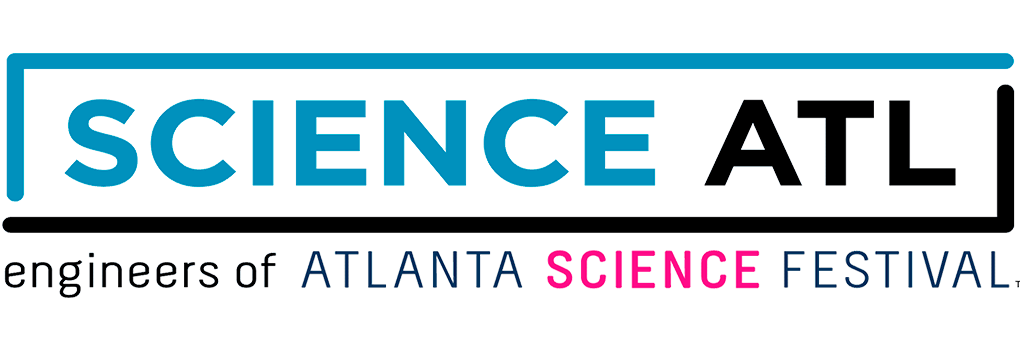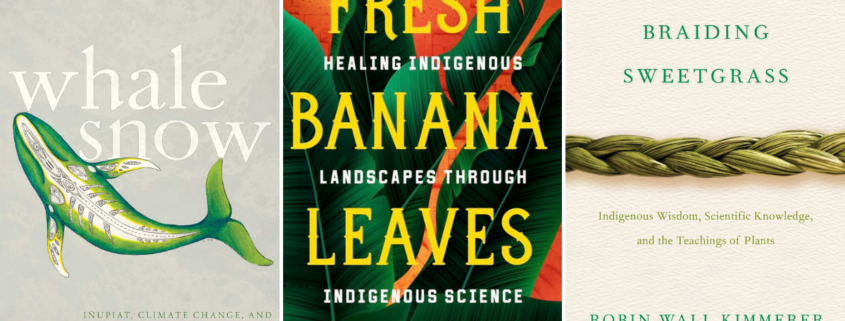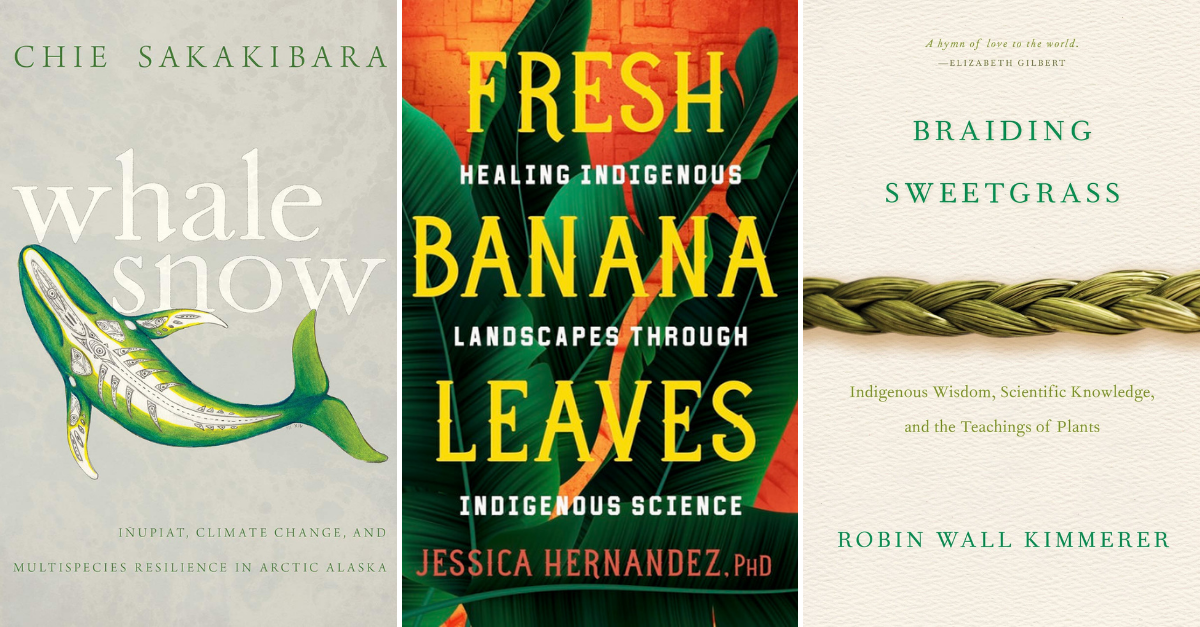Celebrating Native American Heritage Month
Before there were laboratories and maker spaces, there was only the earth and what it contained and produced. The lens through which indigenous people made sense of the world came from their relationship with the land. While technological and scientific progress expands our knowledge and understanding in important and astonishing ways, Native American scientists and cultural leaders simultaneously illustrate the way indigenous intelligence adds a vital perspective to modern science.
Robin Wall Kimmerer is among the voices drawing attention to this significant intersection. Her work demonstrates how science is, above all, a way of knowing, and, as such, can be intertwined and enhanced by integrating the other ways of knowing scientists bring with them – religious, racial, linguistic, cultural, and beyond. Her gorgeous and acclaimed book Braiding Sweetgrass: Indigenous Wisdom, Scientific Knowledge, and the Teachings of Plants (2017) weaves scientific and indigenous stories together. Kimmerer is part of a vital and growing community of scientists illustrating how indigenous knowledge and methods are central to their scientific explorations.
This work provides a different lens through which to think about scientific information, one that dissolves the sense of otherness in objects of scientific inquiry and invites the expertise and experiences of different fields and cultures to contribute to the enterprise of science. It emphasizes the reciprocity of our relationship with the things we study and use for study, and imagines, as Kimmerer writes, “a time when the intellectual monoculture of science will be replaced with a polyculture of complementary knowledges” (139).
One way we can make science more accessible and equitable is to recognize how it intersects with other bodies of knowledge and the experiences of groups typically underrepresented in scientific careers. By widening the lens through which we think and communicate about science, we also expand which information or ideas are considered relevant to scientific ways of knowing.
During Native American Heritage Month, Science ATL encourages you to explore some of these or other investigations at the intersection of indigenous and scientific knowledge:
- Robin Wall Kimmerer, Gathering Moss: A Natural and Cultural History of Mosses (2013)
- Fikret Berkes, Sacred Ecology (2017)
- Chie Sakaibara, Whale Snow: Iñupiat, Climate Change, and Multispecies Resilience in Arctic Alaska (2020)
- Enrique Salmón, Eating The Landscape: American Indian Stories of Food, Identity, and Resilience (2012)
- Jessica Hernandez, Fresh Banana Leaves:Healing Indigenous Landscapes through Indigenous Science (forthcoming 2022)
- Chenae Bullock, 50 Plant Medicines Indigenous Oral History & Perspective (2021)
- Larry Fisher Jr. Microorgansisms Theory: A guide into the causative factor of diseases and Native American Science (2021)





